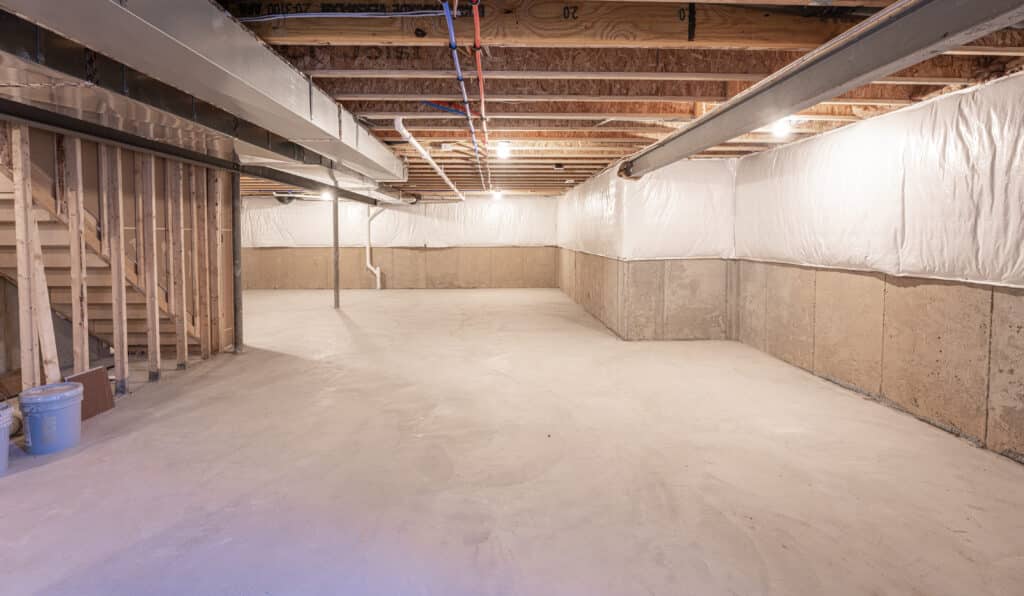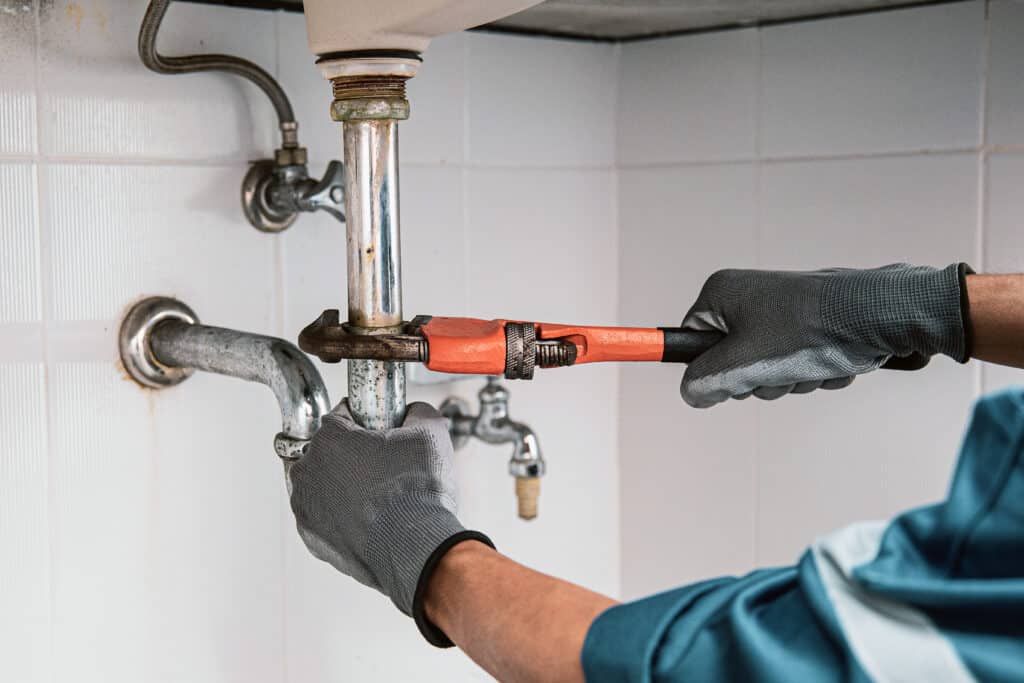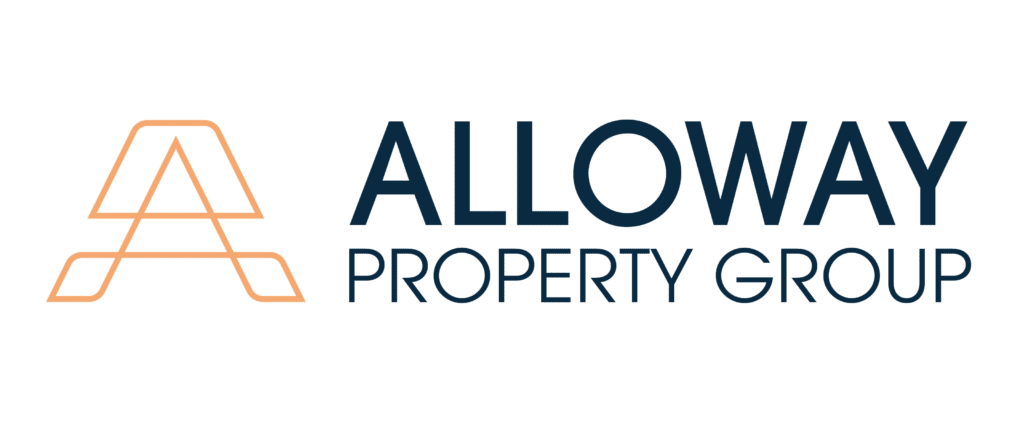Purchasing an investment rental property in Ontario has long been a strategy to accumulate wealth. Unlike securities, investment real estate offers a unique advantage; tangible assets.
In addition, investment properties offer a unique advantage over other forms of wealth building. Along with capital appreciation of the asset, owners can earn a return on investment via rental income.
However, Investment real estate is much more complicated than it may seem. When looking to buy property in Ontario, the correct rental property can mean the difference between incredible returns and an expenditure nightmare. Here are three common mistakes to avoid when purchasing an investment property in Ontario.
1. Underestimating the CapEx
When you purchase a property for the purposes of rental income, the asset is rarely delivered turn-key. Often, an investor will prefer to make improvements to the space to increase the potential rental income available to them during the duration of ownership.
In the Real Estate Investment industry, improvements to a property are referred to as Capital Expenditure, or “CapEx“.
These improvements can be as simple as new appliances for the kitchen, but they can also be quite complicated. For example, the addition of a downstairs washroom or conversion of the basement into a separate suite.
Potential purchasers rarely properly estimate the funds required to complete capex projects. As a result, overpayment for the property can occur and an owner can be left with insufficient funds for the undertaking.

Even IF the investor has the funds required to complete the project, underestimation of improvements has an additional drawback: lowering the return on investment. The greater the initial investment, assuming constant rental incomes, the lower the returns can be expected.
2. Inadequate Financing Provisions
It can be easy for a purchaser to underestimate carry cost in low interest rate environments. An investor looking to maximize their dollar in Ontario may structure a deal where all rental income is attributed to operating expenses and cost of borrowing.
There are two reasons why this should be avoided: first, in the event that rental income decreases below this threshold (or, conversely, the borrowing rate increases), the owner will be forced to supplement regular payments with their own funds, or face default.
Default on a financing could lead to the property being sold via receivership or power of sale. In a condominium, default on common expenses could have serious implications.
Although the investment rental property may be earning capital appreciation, the rate at which the value of the property increases could be equal to the additional cost of ownership, effectively eliminating returns.

Second, without a sufficient buffer, an owner will be unable to make emergency repairs and improvements to a building. It is estimated that up to 10% of the gross income on an annual basis may be attributed to maintenance beyond what is considered “regular”. If every dollar earned is being consumed by carry costs…how is an owner expected to rectify problems when they occur?
3. Believing Real Estate Investments are “Passive Income”
In Ontario, a rental property will not generate passive returns. In addition to the wear and tear of four seasons maintenance, occupation by another individual presents unique challenges. Investors should be ready to “get their hands dirty” with requests to ensure safe, enjoyable occupation by tenants.
Failure to provide a proper living environment and/or adhere to standards and by-laws imposed, could result in some costly consequences.
Buying an Investment Rental Property in Ontario is challenging, but can be incredibly rewarding. Proper management of assets have the potential to yield returns unheard of in other investment. Avoiding these three mistakes can lay the groundwork for a healthy, profitable return in Toronto Real Estate.
Questions? Contact Us





